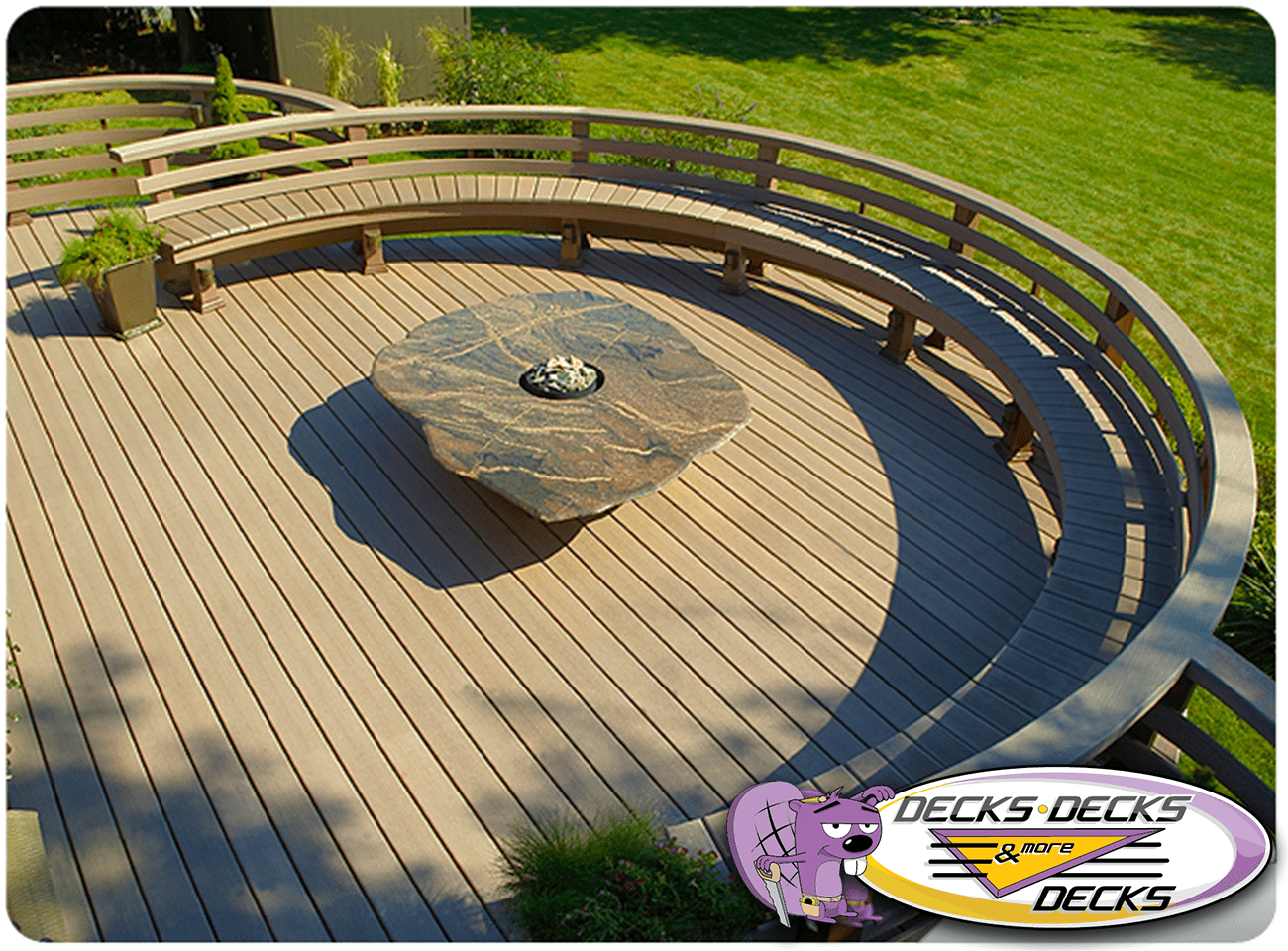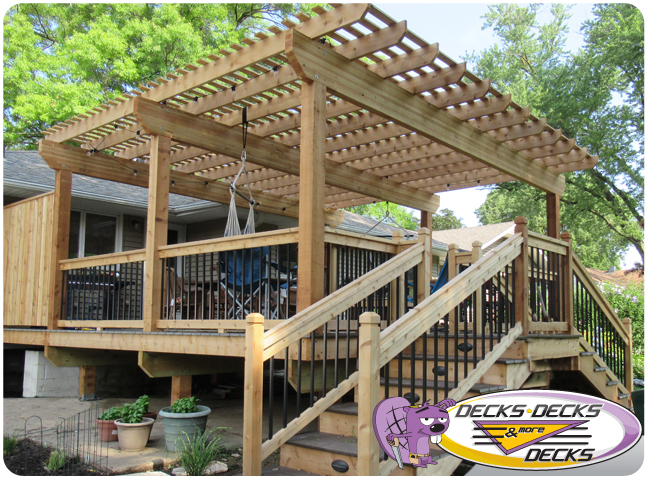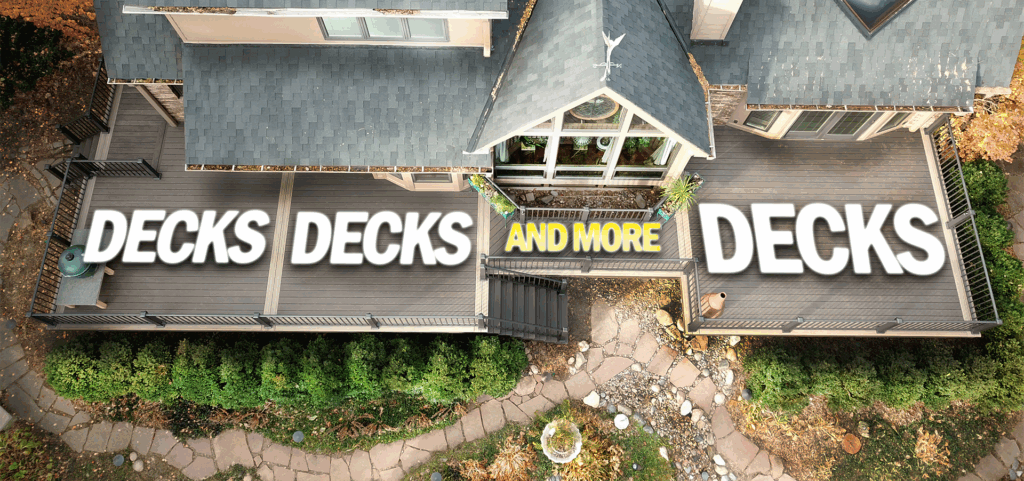Deck Makeover: Resurfacing vs. Replacement – What’s the Best Option?
Your deck is an essential part of your outdoor living space, but what happens when it starts showing signs of wear and tear? A deck makeover can bring new life to your space, but deciding between resurfacing and replacement isn’t always straightforward. Here’s a guide to help you determine which option is best for your deck, your budget, and your long-term needs.
1. What Is Deck Resurfacing?
Deck resurfacing involves replacing the surface boards and sometimes railings while keeping the underlying structure intact. It’s an excellent option for decks with a solid frame that only need cosmetic or surface-level improvements.
Pros of Resurfacing:
- Cost-Effective: Resurfacing costs significantly less than a full replacement.
- Quick Upgrade: It’s faster to complete, minimizing downtime for your outdoor space.
- Material Options: Upgrade to composite decking for a modern, low-maintenance surface.
When to Resurface: If your deck’s structure (joists, beams, and footings) is still in good condition but the boards are weathered, warped, or outdated, resurfacing is a smart choice.

2. What Is Deck Replacement?
Deck replacement involves tearing down the existing structure and building a new deck from the ground up. This is necessary when the underlying frame is damaged, unstable, or beyond repair.
Pros of Replacement:
- Fresh Start: A full replacement allows for a complete redesign, including new features like multi-levels or built-in seating.
- Improved Safety: Replacement ensures all structural elements are up to code and safe.
- Longevity: Starting fresh with high-quality materials guarantees a longer lifespan.
When to Replace: If the structural integrity of your deck is compromised due to rot, insect damage, or poor construction, replacement is the safest and most durable solution.
3. Comparing Costs: Resurfacing vs. Replacement
- Resurfacing Costs: Typically costs about $10–$15 per square foot, depending on the material. Composite boards are more expensive but require less maintenance.
- Replacement Costs: Can range from $20–$50 per square foot, depending on the design, materials, and complexity of the build.
While replacement is pricier upfront, it may save money in the long run by eliminating the need for frequent repairs.
4. Resurfacing and Replacement Materials
Both resurfacing and replacement allow you to choose from various materials:
- Pressure-Treated Wood: Affordable and classic but requires regular maintenance.
- Composite Decking: Durable, low-maintenance, and available in many colors and styles.
- PVC Decking: High-end, weather-resistant material that’s perfect for harsh climates.
Choosing the right material depends on your budget, desired aesthetics, and maintenance preferences.
5. Making the Right Decision for Your Deck
Here’s how to decide between resurfacing and replacement:
- Inspect the Frame: Have a professional inspect the structure for rot, cracks, or instability.
- Consider Your Goals: If you want a completely new look or layout, replacement may be better.
- Think Long-Term: For a longer-lasting solution, replacement might be worth the investment if the structure is aging.
Final Thoughts: Resurfacing or Replacement?
Both resurfacing and replacement offer unique benefits, depending on the condition of your deck and your long-term goals. Resurfacing is ideal for quick, affordable upgrades, while replacement is the best choice for safety and durability. Whatever option you choose, investing in a deck makeover will enhance your outdoor space and improve your home’s value.
 free estimates: (402) 690-1050
free estimates: (402) 690-1050


